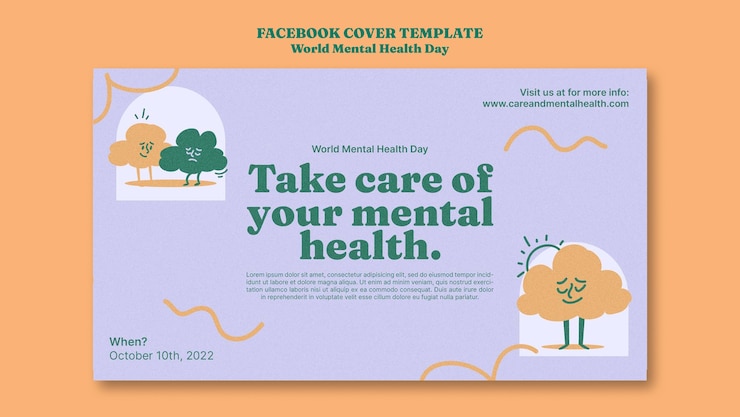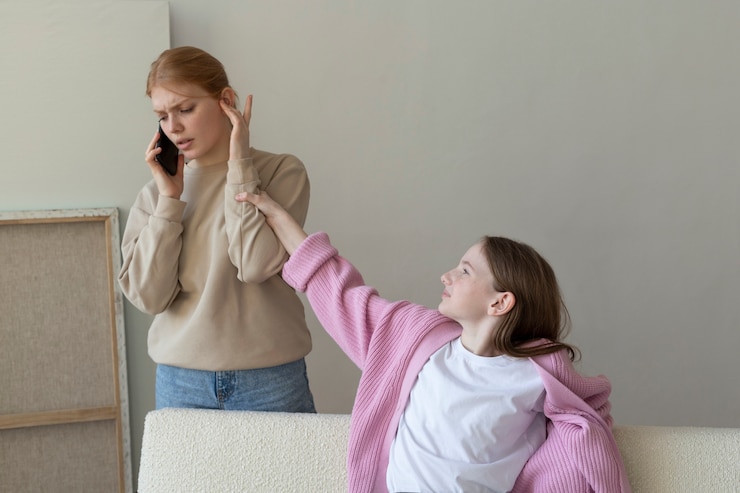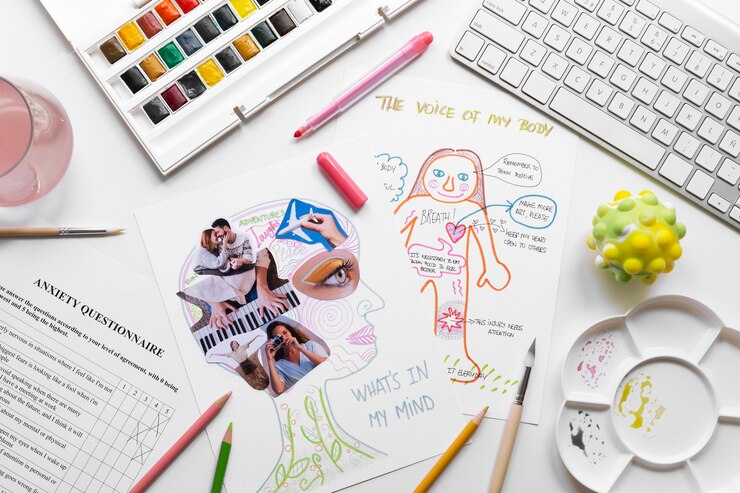
It’s not just adults who sometimes need a mental health day—kids do too. The stress from school, social interactions, and various activities can pile up and feel overwhelming without some downtime to recharge. Keep reading to learn about 10 mental health activities for kids, recommended by a mental health expert, to help restore and balance your child’s emotions.
**Contents**
“I’m open to giving my child a mental health day, but what should we do?” If this is your lingering question, you’re not alone. Many parents struggle with figuring out how to make the most of a mental health day away from school or everyday routines for their overwhelmed child.
The upside is that planning a meaningful day doesn’t have to be complicated, require pre-planning, or cost anything. Although your child might feel tempted to spend the day on screens to escape their stress, trying out these mental health activities will give them a more effective reset.
Start the day by discussing your expectations and letting your child participate in choosing activities from the list. This approach can help them feel more engaged and guide them towards feeling calmer and more confident.
Here are some tried-and-true mental health day activities for kids, backed by research and evidence.
**Related Read**: 100 Ways to Boost Mental Health
One of the most effective things you can do is to connect with your child on a personal level. What does that mean? It involves giving them your full attention and really listening to understand their thoughts and emotions, not just preparing your response.
When parents respond to their children warmly and sensitively, kids are more likely to build secure relationships—fostering confidence and emotional health. Plus, research shows that caring parenting can protect against toxic stress.
**Pro Tip**: With younger kids, connection often happens more through play than conversation, so be mindful of when your child tends to open up.
Physical activity is fantastic for mental health. Moving our bodies helps process emotions and releases endorphins while lowering stress hormone levels. Aerobic exercise, in particular, is as effective as medication and therapy for depression and anxiety.
According to the American Psychological Association, active kids tend to have lower depression and stress levels and higher self-esteem and satisfaction with life.
**Pro Tip**: Ask your child if they’d like to pick a physical activity or if they want you to decide. This offers them a sense of control without overwhelming them.
Life can feel like an endless treadmill at times, and both kids and adults can lose track of why they’re so busy. Giving your child some quiet, unstructured time can help their brain relax and reflect. This rest period is crucial for growth and renewal.
As stated by the Cleveland Clinic, “Silence allows for self-reflection and daydreaming, stimulating multiple parts of the brain, turning down noise, and increasing mindfulness.”
**Pro Tip**: Simply allow some open, unscheduled time for your child to explore freely.
Play is essential for children, aiding in cognitive and social development while providing an outlet for stress and unprocessed emotions.
Dr. Megan Gunnar from the University of Minnesota explains that play reduces stress because it’s voluntary and allows children to create scenarios where they control outcomes. Control and predictability are key in managing stress.
**Pro Tip**: Move past any adult inhibitions and join in the fun! Let your child lead the play to meet their needs for control.
**Related Read**: 75 Calm Down Strategies for Kids (that Actually Work!)
Journaling is a wonderful way for kids to express and process emotions safely. It helps get feelings “out in the open” and into a productive form for reflection.
Clinical Social Worker Yanique Chambers notes that journaling provides a judgment-free space for kids to explore their thoughts and find their creative voice, offering a private avenue to solve problems and set goals.
**Pro Tip**: Engage your child with emotion flashcards to help them articulate their feelings.
Art is another great way for kids to work through emotions. It offers an expressive outlet and can support emotional regulation and mindfulness.
With art, children can manage feelings by engaging with different materials and mediums, which might be easier to navigate than words.
**Pro Tip**: Set up an inviting art space with materials for your child to choose from.
Music therapy is widely used in pediatric settings for good reason. It encourages rest and relaxation in children, as noted by educator and composer Nancy Kopman. Music can help kids regulate emotions and find calm.
**Pro Tip**: Check out relaxation playlists on Spotify or Nancy’s music collection for kids.
A typical child’s diet today often includes too many processed foods. On a mental health day, incorporating nutritious foods can boost mood and influence future habits.
Food and mood have a two-way relationship. Your child’s eating habits can significantly affect their feelings and mental health.
**Pro Tip**: Make a healthy meal together, which can enhance mood and strengthen your bond.
**Related Read**: 75 Ways to Show Love to Your Child and Boost Their Self-Esteem
If you haven’t tried mindfulness activities with your child yet, a mental health day is ideal to start. Mindfulness, such as meditation, encourages awareness of the present moment and can shift your child’s stress response towards calm.
Research shows mindfulness can improve focus, self-control, academic performance, and well-being while reducing stress and anxiety.
**Pro Tip**: Explore mindfulness tools that promote calmness for your child.
Use the mental health day to pause and evaluate your children’s successes and challenges. This reflection, along with planning and goal-setting, can help tackle ongoing struggles.
Teaching goal-setting offers children a sense of responsibility and promotes a positive outlook.
**Pro Tip**: Utilize goal-setting resources to help guide your child.
Nature’s benefits for children are well-documented. Spending time outdoors can decrease stress hormones and improve emotional health.
**Pro Tip**: Bring indoor activities outside, like a meal or game, for an added benefit.
Children may face pressures from school, sports, and social situations. These stressors can feel overwhelming at times, just like they do for adults.
Giving your child a mental health day allows for much-needed relaxation, reflection, and reset.
**Check Out More:**
– Kids Need Mental Health Days—9 Misconceptions that Need to Change Now
– 7 Surefire Signs Your Child Needs a Mental Health Day
**Other Parenting Articles You Might Like:**
– 75 Awesome Calm Down Strategies for Kids
– The Best Mindset for Parenting an Emotionally Intense Child
– 10 Insights from a Family Therapist for Remarkable Parenting
– Easy Ways to Bond with Your Child Despite a Busy Schedule
– 10 Everyday Ways to Boost Your Child’s Mood and Behavior
*This article was originally published on 7/12/2021 and has been updated.*



